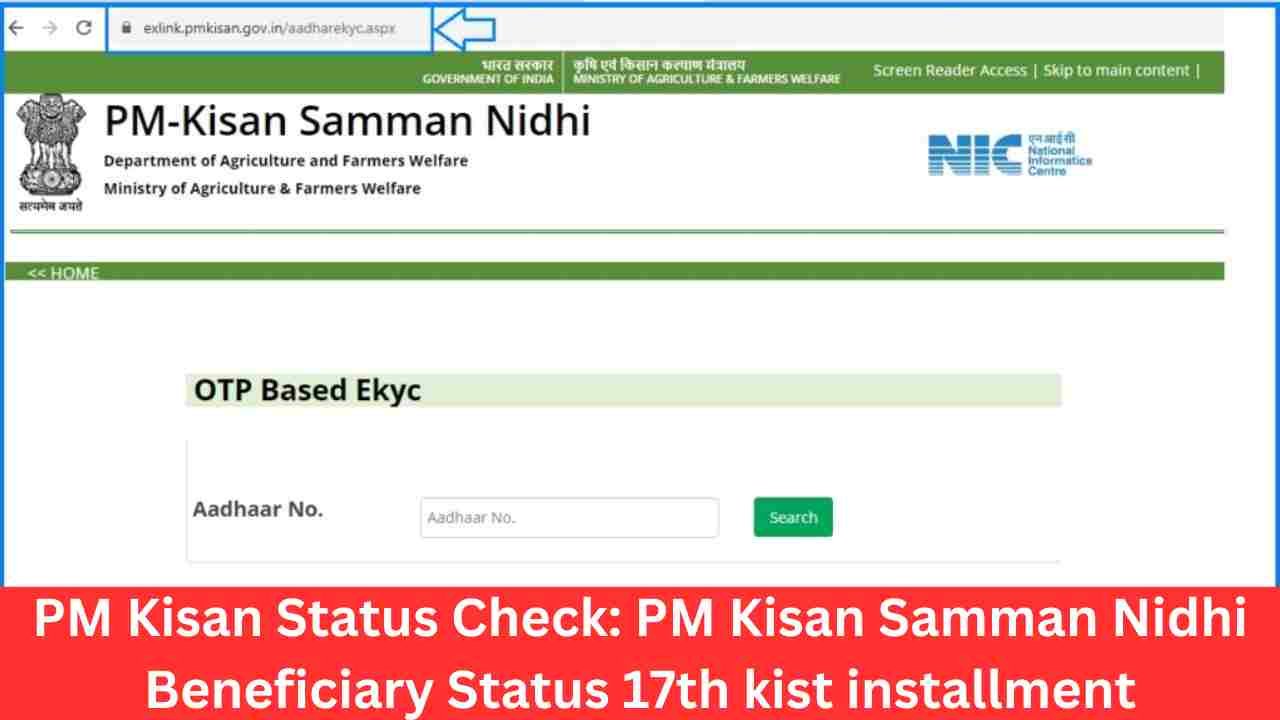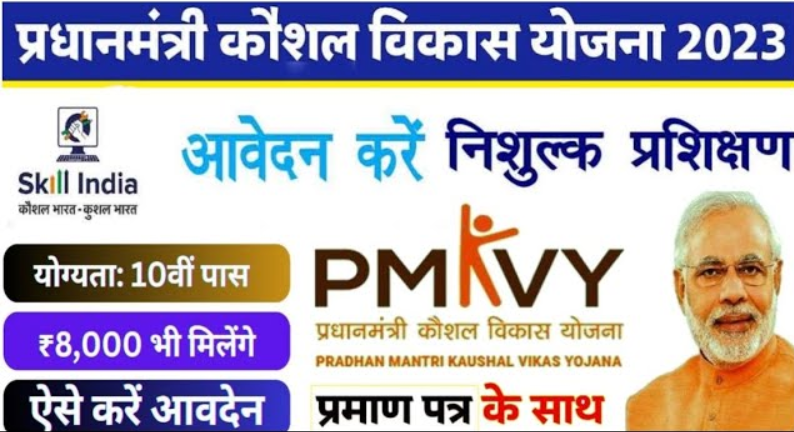Uniform KYC: In today’s world, customer verification processes, known as Know Your Customer (KYC), have become an integral part of various financial transactions. From opening a bank account to investing in mutual funds or purchasing life insurance, customers often find themselves repeating the KYC process multiple times.

To address this inconvenience and streamline the process, the Indian government has proposed the implementation of a Uniform KYC system across the financial sector.
Current KYC Landscape
Currently, KYC involves verifying the identity and address details of customers before granting them access to regulated financial products. Customers must submit KYC documents repeatedly when opening accounts or investing in different financial instruments, leading to redundancy, paperwork, and increased costs.
The Central KYC Records Registry (CKYCR), established in 2016, aims to streamline the KYC process for investments in the capital markets. While it simplifies KYC for capital market investments, it does not extend to other financial services such as banking and insurance.
What Is Uniform KYC?
Uniform KYC aims to standardize the KYC process, enabling interoperability of KYC records across different financial intermediaries. This eliminates the need for customers to undergo KYC verification multiple times for various financial services.

Under the proposed system, customers will receive a unique CKYC identifier linked to their ID proof upon submitting KYC details. This identifier allows reporting entities to access KYC records from the central registry, reducing the need for redundant KYC processes.
Uniform KYC Benefits
Uniform KYC offers several benefits for both customers and financial institutions:
- Simplified Onboarding: Customers can establish relationships with different financial institutions using a single KYC, saving time and streamlining processes.
- Enhanced Security: By eliminating the need for financial intermediaries to store customer data locally, uniform KYC enhances data security and prevents potential misuse.
- Increased Efficiency: Financial intermediaries can improve onboarding efficiency and reduce operational costs associated with KYC verification by accessing KYC information from the central registry.
- Compliance and Digitalization: Uniform KYC promotes the digitalization of the KYC process and helps prevent illicit financial activities like money laundering, ensuring compliance with regulatory requirements.
Addressing Privacy and Security Concerns
While uniform KYC offers efficiency benefits, concerns about data privacy and security arise. Any data breach in the central registry could lead to the misuse of thousands of records.
However, centralized management of KYC records also enhances data security by eliminating the need for financial intermediaries to store customer data locally. Robust security measures will be crucial to ensure the protection of sensitive information.
The Indian government has proposed adopting a risk-based approach to KYC, allowing for different levels of verification based on the risk profile of customers. This approach aims to simplify the process further while ensuring adequate due diligence, and enhancing interoperability across the financial sector.
As the government and regulatory bodies work towards implementing uniform KYC norms, the financial sector anticipates a streamlined and efficient customer verification process, benefiting both customers and institutions alike.










